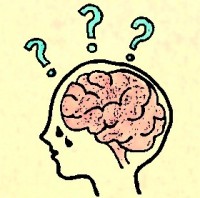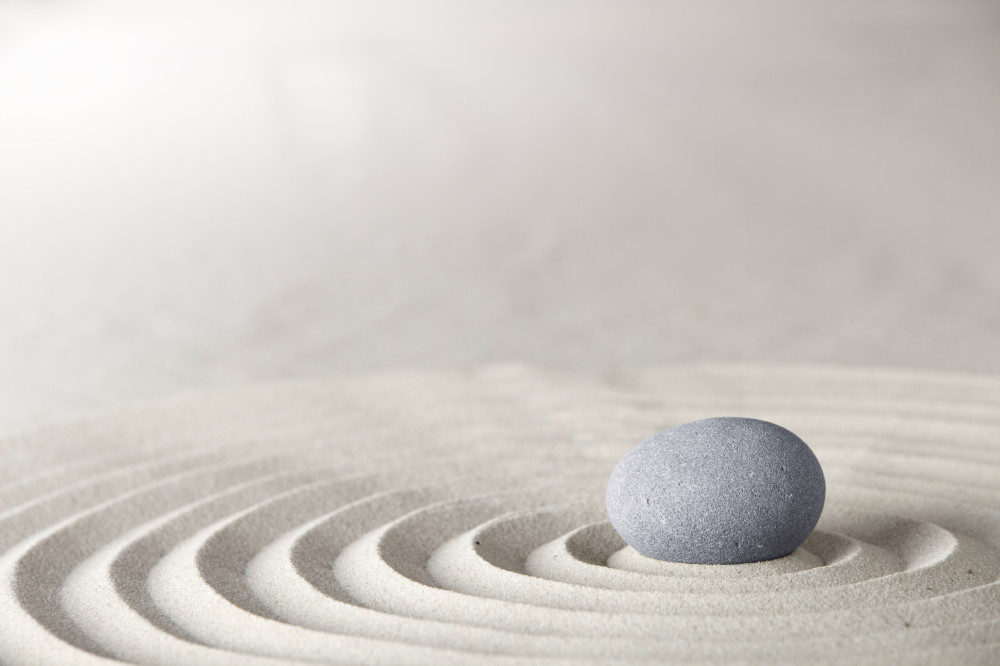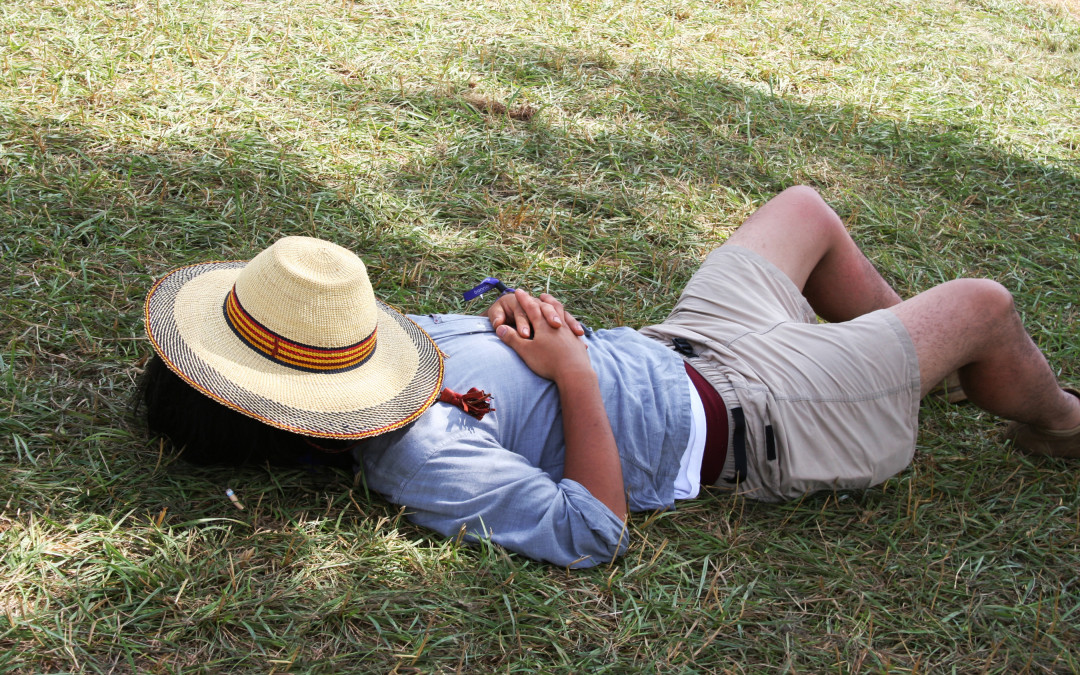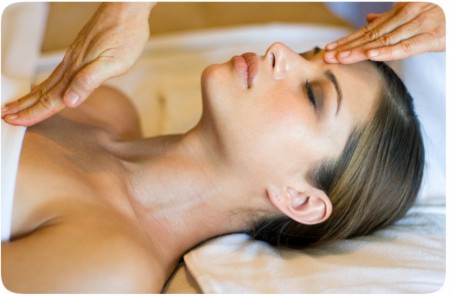 Chronic pain is uncomfortable and after awhile affects almost every aspect of life. When you’re dealing with continuous pain even simple everyday tasks can zap the energy right out of you. For some people, the pain involved with just getting dressed and into the car leaves little energy for the rest of the day. If left untreated, chronic pain can have profound effects on a person’s mood, energy and cognitive function. Pain affects brain chemistry. People dealing with ongoing pain commonly develop depression or depressive-like symptoms. Parts of the brain that control emotion can be impaired which makes them more susceptible to depression, irritability, and exhaustion. They have difficulty concentrating, remembering and retaining information. It becomes challenging to process sensory stimulus, adapt to changes and handle multiple things at once. Quality of sleep is also affected which can further impact memory and mood. It’s so important to address pain in the early stages. Effective treatment can significantly reduce the mental and emotional effects of long-term pain. Pain management is different for everyone. It often involves finding the right combination of treatments including medication, supplements, diet, physical therapy, acupuncture and massage. Remember to get on it early and prevent the mental and emotional effects of long-term pain. Your future self will thank you! www.acupuncturevictoriabc.com Think Vitality!...
Chronic pain is uncomfortable and after awhile affects almost every aspect of life. When you’re dealing with continuous pain even simple everyday tasks can zap the energy right out of you. For some people, the pain involved with just getting dressed and into the car leaves little energy for the rest of the day. If left untreated, chronic pain can have profound effects on a person’s mood, energy and cognitive function. Pain affects brain chemistry. People dealing with ongoing pain commonly develop depression or depressive-like symptoms. Parts of the brain that control emotion can be impaired which makes them more susceptible to depression, irritability, and exhaustion. They have difficulty concentrating, remembering and retaining information. It becomes challenging to process sensory stimulus, adapt to changes and handle multiple things at once. Quality of sleep is also affected which can further impact memory and mood. It’s so important to address pain in the early stages. Effective treatment can significantly reduce the mental and emotional effects of long-term pain. Pain management is different for everyone. It often involves finding the right combination of treatments including medication, supplements, diet, physical therapy, acupuncture and massage. Remember to get on it early and prevent the mental and emotional effects of long-term pain. Your future self will thank you! www.acupuncturevictoriabc.com Think Vitality!...
 It’s not just for pain. When most people think of acupuncture they think of pain relief…but did you know it’s used to treat a wide array of other conditions? It can also help with issues such as digestive problems, tinnitus, premenstrual symptoms and anxiety. It’s very relaxing. Once the points are in your parasympathetic nervous system kicks into gear which relaxes muscles, calms the mind and promotes a restful, tranquil state. Regular treatment helps you to feel more relaxed and calm and to better handle life’s stressors. Registered Acupuncturists go to school for a long time. BC requires licensing of all Registered Acupuncturists. It is regulated under the Health Professions Act and all Registered Acupuncturists must be licensed with the College of Traditional Chinese Medicine Practitioners and Acupuncturists of BC (CTCMA). In BC a Registered Acupuncturist undergoes a minimum of three years of full-time accredited acupuncture education in addition to two years of prerequisite university sciences. After completing five years of education they must pass a National Board Exam in order to be licensed to practice in BC. The continuing education requirements for Registered Acupuncturists are amongst the highest of all the regulated health professions in BC. Until next time…Think Vitality!...
It’s not just for pain. When most people think of acupuncture they think of pain relief…but did you know it’s used to treat a wide array of other conditions? It can also help with issues such as digestive problems, tinnitus, premenstrual symptoms and anxiety. It’s very relaxing. Once the points are in your parasympathetic nervous system kicks into gear which relaxes muscles, calms the mind and promotes a restful, tranquil state. Regular treatment helps you to feel more relaxed and calm and to better handle life’s stressors. Registered Acupuncturists go to school for a long time. BC requires licensing of all Registered Acupuncturists. It is regulated under the Health Professions Act and all Registered Acupuncturists must be licensed with the College of Traditional Chinese Medicine Practitioners and Acupuncturists of BC (CTCMA). In BC a Registered Acupuncturist undergoes a minimum of three years of full-time accredited acupuncture education in addition to two years of prerequisite university sciences. After completing five years of education they must pass a National Board Exam in order to be licensed to practice in BC. The continuing education requirements for Registered Acupuncturists are amongst the highest of all the regulated health professions in BC. Until next time…Think Vitality!...
 I unfortunately see many people who are patiently awaiting knee replacements, hip replacements, shoulder surgery, and other pain alleviating procedures. It greatly upsets me that patients here in Victoria have to wait anywhere from 4-16 months for surgery depending on what they require. That is the state of our medical system (but that is for another rant!) and people are left with the responsibility of managing their pain while they wait. My role as a Registered Acupuncturist is to ease the pain until they get a surgery date. In many cases acupuncture can reduce the pain quite significantly but if a joint is at the point of needing to be replaced then the pain relief may only be temporary. The relief can last anywhere from days to weeks depending on what the severity is. It is always worth trying a series of acupuncture treatments. Most patients find they get significant pain relief with no side effects. My recommendation to anyone who is stuck in this situation is to first do as much as you can to manage the pain, and second follow up with your doctor/surgeon to see if there are any cancellations and to confirm you are still on “the list”. I mainly wrote this article to share this link with you that shows approximate wait times for all different types of surgery in BC....
I unfortunately see many people who are patiently awaiting knee replacements, hip replacements, shoulder surgery, and other pain alleviating procedures. It greatly upsets me that patients here in Victoria have to wait anywhere from 4-16 months for surgery depending on what they require. That is the state of our medical system (but that is for another rant!) and people are left with the responsibility of managing their pain while they wait. My role as a Registered Acupuncturist is to ease the pain until they get a surgery date. In many cases acupuncture can reduce the pain quite significantly but if a joint is at the point of needing to be replaced then the pain relief may only be temporary. The relief can last anywhere from days to weeks depending on what the severity is. It is always worth trying a series of acupuncture treatments. Most patients find they get significant pain relief with no side effects. My recommendation to anyone who is stuck in this situation is to first do as much as you can to manage the pain, and second follow up with your doctor/surgeon to see if there are any cancellations and to confirm you are still on “the list”. I mainly wrote this article to share this link with you that shows approximate wait times for all different types of surgery in BC....
 Menopause-related hot flashes can make life difficult. It’s hard to know when they will hit but when they do it can be uncomfortable and upsetting. Now that summer is creeping up and the weather is getting warmer, hot flashes can really become a bother. Try to keep track of when you get them so you can identify the trigger, for example where you were, what you were doing and what you ate. Stress is one of the top triggers for hot flashes. When you feel one coming on, try to stop what you’re doing, slow down and take a break. Prepare in advance and give yourself more time to get places so you don’t have the added stress of rushing. Other common triggers include alcohol, caffeine, spicy and/or sugary foods, large servings of meat, smoking and over-eating. One of the best things you can do is to find ways to reduce your stress level. Acupuncture is another way to reduce menopause-related hot flashes. Acupuncture can help to balance your hormones and reduce the frequency and severity of hot flashes and other menopause-related symptoms. Many people also notice an improvement in sleep and mood after only a few treatments. Drinking more water and eating lots of leafy greens can also help your symptoms. In Traditional Chinese Medicine foods are used as medicine and classified based on the effect they have on the body. There are certain foods which are known to have a cooling effect. Below is a list of some cooling foods you may want to eat more of during the summer months! cucumber cantaloupe watermelon celery spinach broccoli...
Menopause-related hot flashes can make life difficult. It’s hard to know when they will hit but when they do it can be uncomfortable and upsetting. Now that summer is creeping up and the weather is getting warmer, hot flashes can really become a bother. Try to keep track of when you get them so you can identify the trigger, for example where you were, what you were doing and what you ate. Stress is one of the top triggers for hot flashes. When you feel one coming on, try to stop what you’re doing, slow down and take a break. Prepare in advance and give yourself more time to get places so you don’t have the added stress of rushing. Other common triggers include alcohol, caffeine, spicy and/or sugary foods, large servings of meat, smoking and over-eating. One of the best things you can do is to find ways to reduce your stress level. Acupuncture is another way to reduce menopause-related hot flashes. Acupuncture can help to balance your hormones and reduce the frequency and severity of hot flashes and other menopause-related symptoms. Many people also notice an improvement in sleep and mood after only a few treatments. Drinking more water and eating lots of leafy greens can also help your symptoms. In Traditional Chinese Medicine foods are used as medicine and classified based on the effect they have on the body. There are certain foods which are known to have a cooling effect. Below is a list of some cooling foods you may want to eat more of during the summer months! cucumber cantaloupe watermelon celery spinach broccoli...
 I get asked this question a lot. Acupuncture helps stimulate the body’s own healing response by increasing blood circulation and reducing pain and inflammation. The body recognizes the needle as ‘foreign’ and this stimulates the body’s immune system to start the healing process. It is based on the theory of Traditional Chinese Medicine (TCM) and the concept of balancing the flow of energy through the meridians in the body. In TCM, meridians are defined as pathways that flow between the organs and the surface of the body. They often correlate with the circulatory and nervous system in western medicine. In a healthy body energy flows smoothly; in an unhealthy or injured body the energy becomes blocked or stagnant. Acupuncture helps to move the blocked energy and return the body to a state of balance. Traditional Chinese Medicine has been around for thousands of years and was developed long before there was such technology as blood tests, x-rays and MRI. Diagnosis was based on careful observation and gathering of information. In addition to asking a series of questions to determine a person’s root imbalance, an assessment involves observation of the complexion, color of the tongue and the strength and rate of the pulse. The tongue is a sensitive tissue and will respond to subtle changes occurring inside the body. The strength of the pulse reflects the overall energy and vitality in the body. The greatest strength of Traditional Chinese Medicine is prevention. Just as taking your car for regular oil changes prolongs its life; balancing the body will improve your health and quality of life. Acupuncture can treat many conditions...
I get asked this question a lot. Acupuncture helps stimulate the body’s own healing response by increasing blood circulation and reducing pain and inflammation. The body recognizes the needle as ‘foreign’ and this stimulates the body’s immune system to start the healing process. It is based on the theory of Traditional Chinese Medicine (TCM) and the concept of balancing the flow of energy through the meridians in the body. In TCM, meridians are defined as pathways that flow between the organs and the surface of the body. They often correlate with the circulatory and nervous system in western medicine. In a healthy body energy flows smoothly; in an unhealthy or injured body the energy becomes blocked or stagnant. Acupuncture helps to move the blocked energy and return the body to a state of balance. Traditional Chinese Medicine has been around for thousands of years and was developed long before there was such technology as blood tests, x-rays and MRI. Diagnosis was based on careful observation and gathering of information. In addition to asking a series of questions to determine a person’s root imbalance, an assessment involves observation of the complexion, color of the tongue and the strength and rate of the pulse. The tongue is a sensitive tissue and will respond to subtle changes occurring inside the body. The strength of the pulse reflects the overall energy and vitality in the body. The greatest strength of Traditional Chinese Medicine is prevention. Just as taking your car for regular oil changes prolongs its life; balancing the body will improve your health and quality of life. Acupuncture can treat many conditions...






